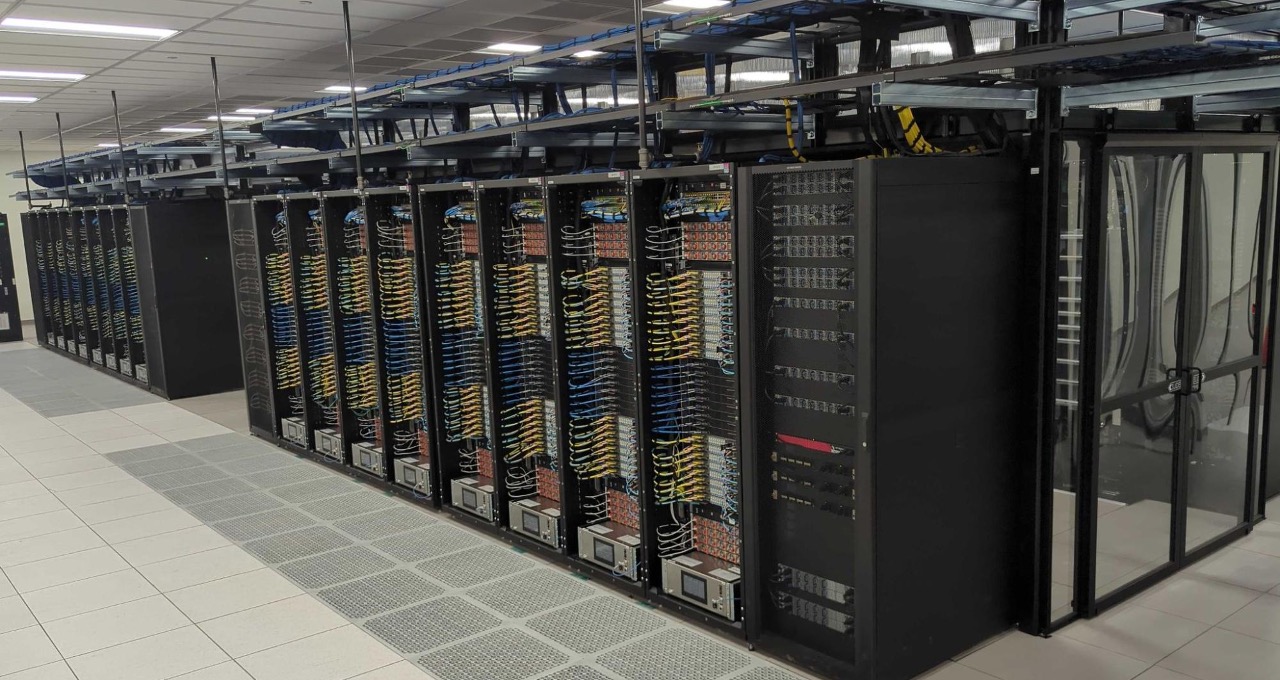Sure! Here’s the translation:
After months of uncertainty and rumors of a slowdown, major cloud operators Amazon Web Services (AWS) and Microsoft are ramping up their investments in large-scale data center leasing, according to the latest report from financial analysis firm TD Cowen. This move comes after both tech giants had delayed or slowed down projects earlier this year due to a reassessment of priorities and cost rationalization in the sector.
AWS Regains Momentum and Secures a Customer of Over 1 GW
The consultancy highlights that AWS may have finalized a leasing agreement with an unidentified customer that exceeds 1 gigawatt (GW) of capacity, which would compel the company to accelerate the acquisition and deployment of new infrastructure. This announcement contrasts with the more cautious stance taken in previous months, when AWS had postponed several leasing contracts to optimize its investment and review costs associated with colocation, although it has always preferred its own data centers.
However, industry sources emphasize that the high costs of colocation remain a concern for AWS, which may lead the company to continue betting on self-build models in the medium term, especially for critical and large-scale projects.
Microsoft Also Resumes Activity After Its Fiscal Year-End
In Microsoft’s case, the consultancy notes that some capacity previously announced as “canceled” earlier this year—up to 2 GW in data center projects—has actually been postponed, with an expectation to resume within two years. The company reportedly slowed down the signing of new contracts following its decision to stop being the exclusive computing provider for OpenAI and in response to fluctuations in demand and customer evolution.
Nonetheless, TD Cowen indicates that Microsoft could resume significant activity in the sector following the close of its fiscal year in June, which could translate into a resurgence in data center leasing starting in the fourth quarter of 2025. Despite recent cuts in internal purchasing and acquisition teams for data centers, the demand for cloud services and the rise of artificial intelligence continue to drive the need for new infrastructure.
Google Intensifies Spending and Prioritizes Accelerated Growth
Google, for its part, maintains a high investment pace, and according to TD Cowen, in the first quarter of 2025, it made the largest investment in colocation agreements in its history, including contracts for GPU-as-a-Service infrastructure with providers like CoreWeave. However, the search giant has also expressed concern about the costs of colocation and may shift to self-build models in the future. Nevertheless, given the need to close the gap with its competitors in capacity, this change is not expected to occur in the short term.
Apple Remains Cautious, Waiting for Its Own Server Chips
In contrast to its rivals, Apple still shows no urgency in the data center sector. Although the company issued a request for proposals (RFP) for additional capacity at the end of 2024, it remains unclear whether it has made concrete decisions. Currently, Apple relies heavily on Google Cloud while also operating its own data centers and preparing to deploy in-house server chips in 2026, which could change its strategy in the medium term.
A Sector in Full Transition
The TD Cowen report reflects how major hyperscalers are adjusting their growth strategies in a context of strong demand linked to artificial intelligence, the surge in cloud services, and the need to balance costs, efficiency, and flexibility. While colocation remains a strategic option for rapid scaling, the trend points towards a combination of selective leasing and self-build as the dominant model in the coming years.
Source: datacenterdynamics

